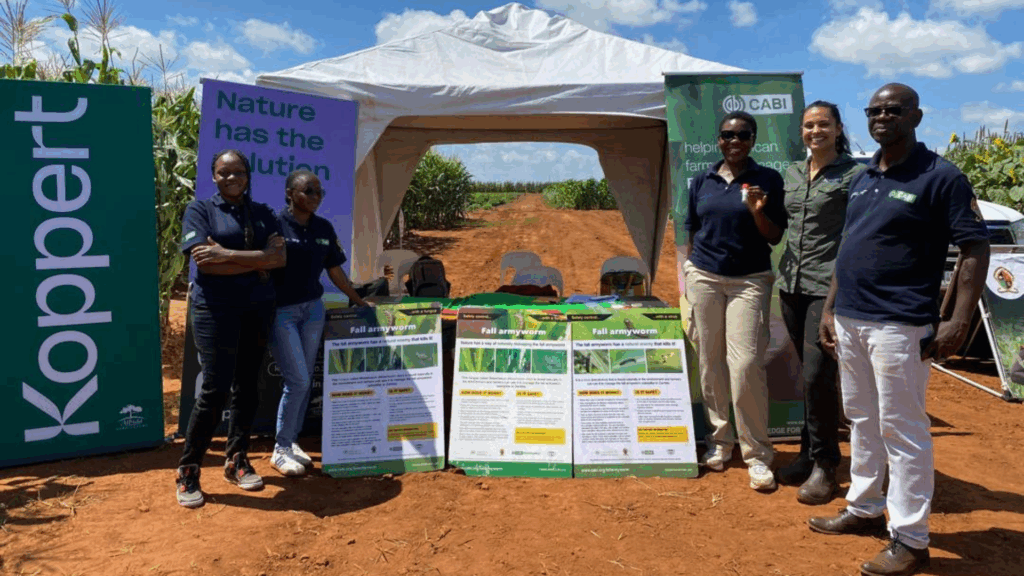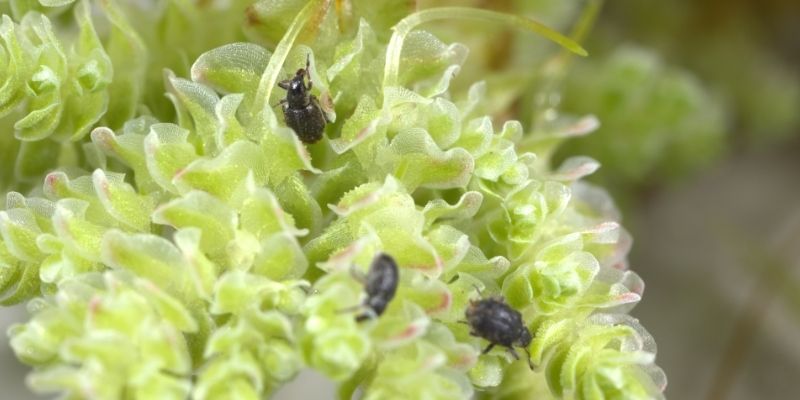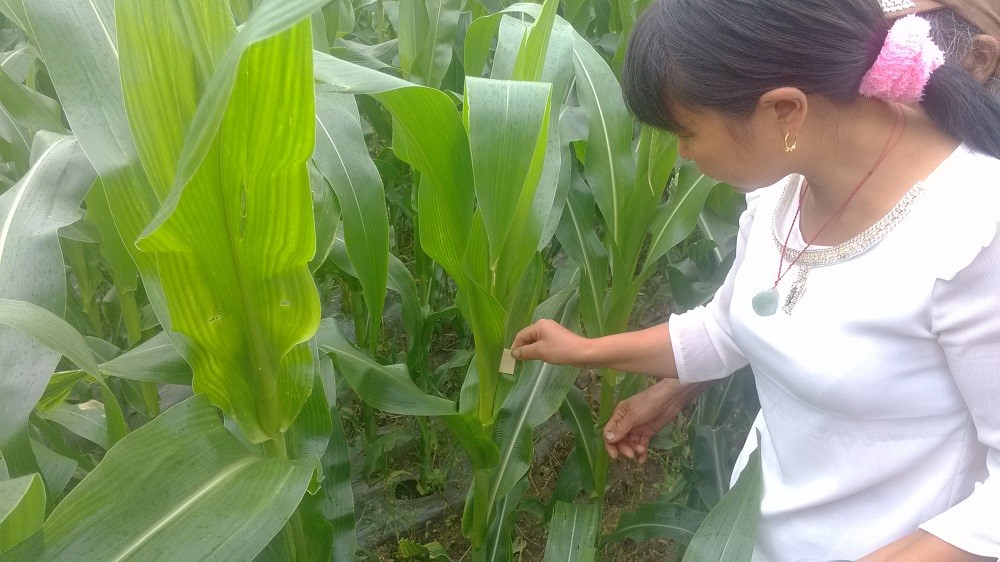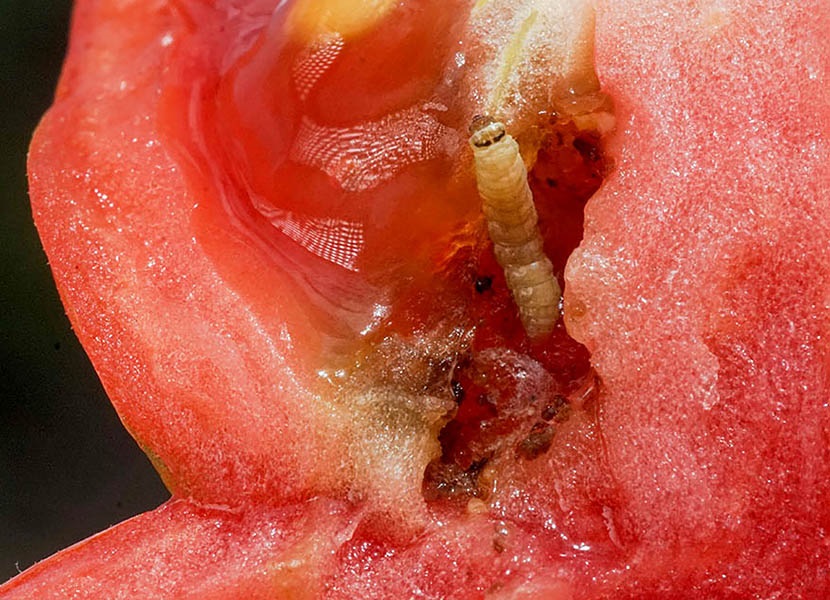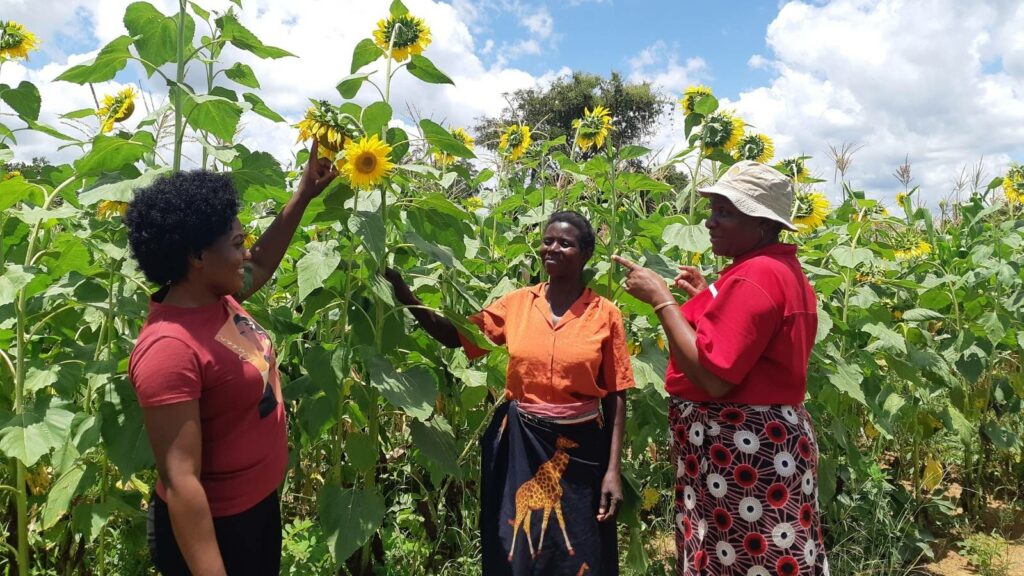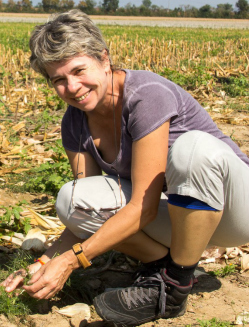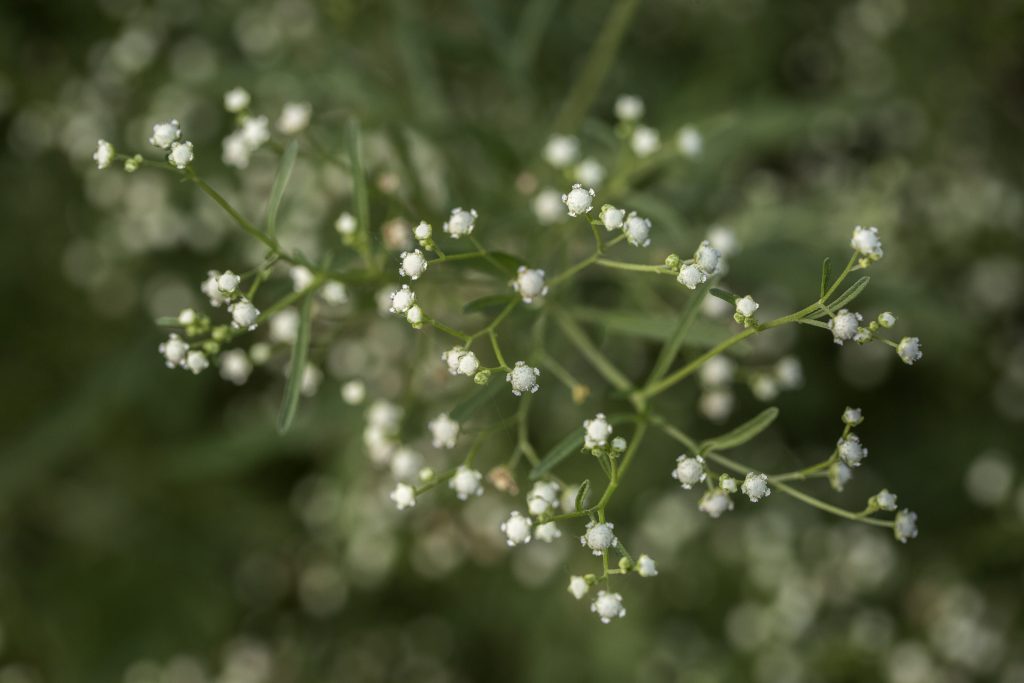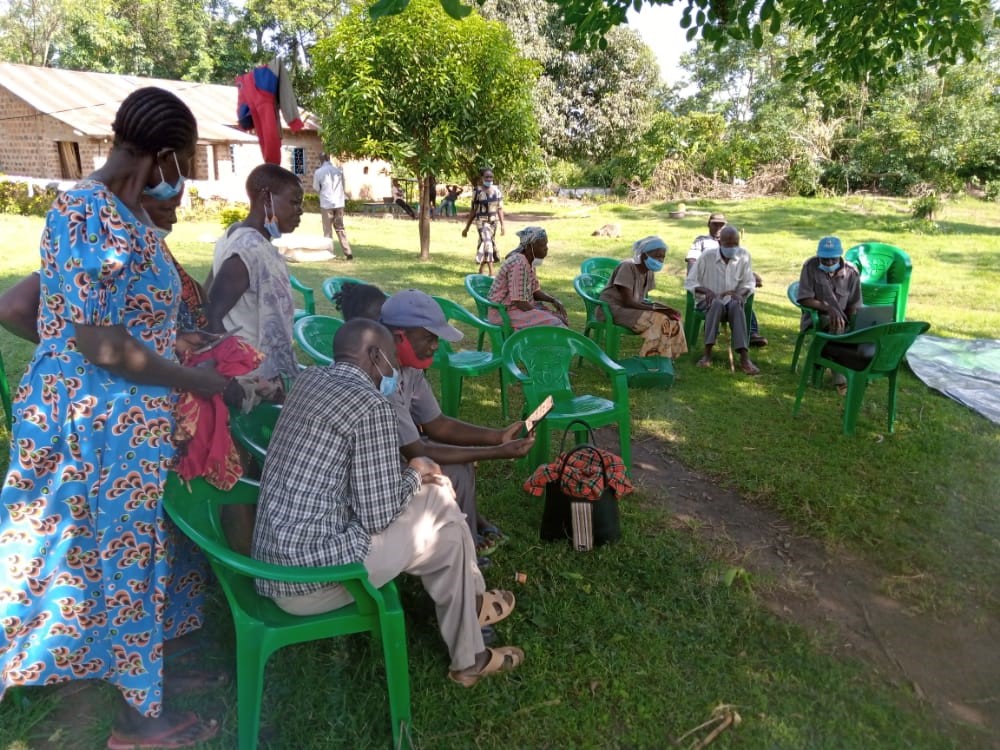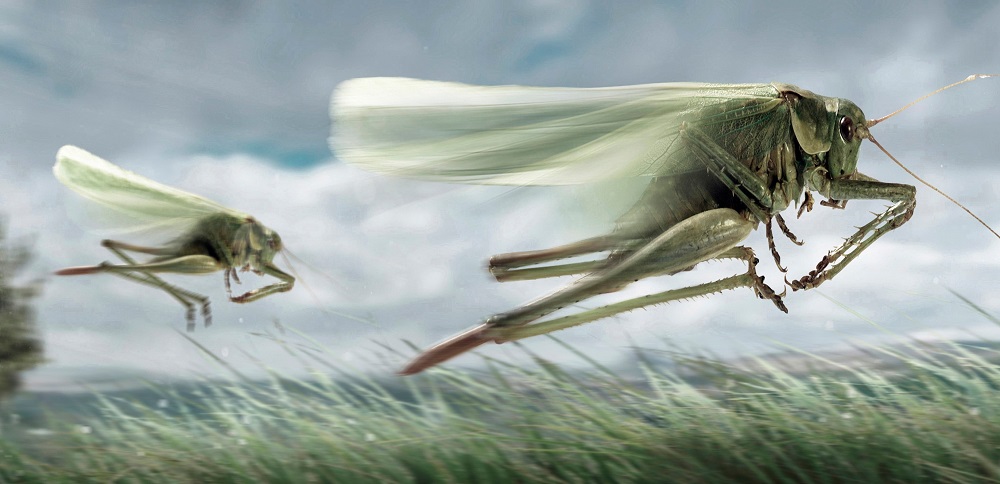Women and girls in science: An interview with Hariet Hinz
Female scientists have the potential to play an important role in the future of agriculture, however, a significant gender gap persists, particularly in agriculture and science. Gender and youth is a key area for CABI. Constituting to Sustainable Development Goal 5, CABI’s goal is to create opportunities for women and young people in agriculture. In…
Women and girls in science: An interview with Chapwa Kasoma
This month’s International Day of Women and Girls in Science aims to engage women and girls in science. As part of this international day, we are highlighting some of the invaluable work CABI’s female scientists do in the field of agricultural science. Zambia-based Chapwa Kasoma is a postdoctoral research fellow in invasive species management. We…
On Earth Day, we take a look at the sustainable control of invasive species
Today is Earth Day – a day when people around the world show their support for environmental protection. CABI’s vision is for a world in which the agricultural sector is embedded in a healthy and climate resilient landscape with clean water and air, healthy soils and functional ecosystem services, and where biodiversity is safeguarded through…

